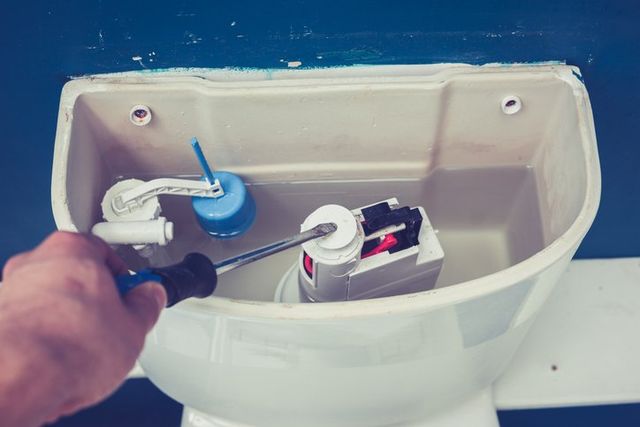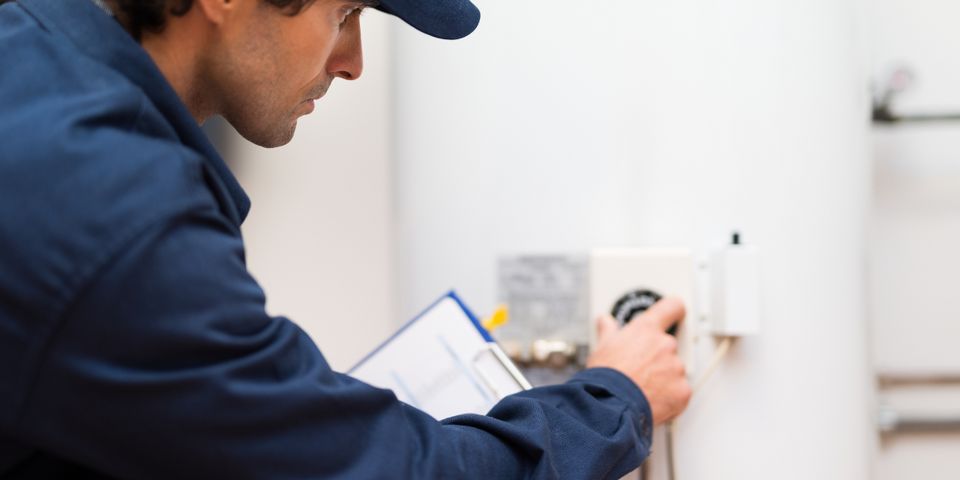Handling the Most Prevalent Heater Urgent Issues
Handling the Most Prevalent Heater Urgent Issues
Blog Article
Almost everyone may have their own theory about Common Hot Water Heater Problems.

A water heater is among the most crucial basic home appliances that can be discovered in a house. With hot water heater, you don't need to experience the anxiety of home heating water by hand every time there is a requirement to take a bath, wash, or the meals. There is always a possibility that your water heating system would certainly act up as with the majority of mechanical gadgets.
It is necessary to keep in mind any kind of little malfunction as well as tackle it rapidly before points get out of hand. Many times, your water heater begins to malfunction when there is an accumulation of debris as a result of continuous use. As a preventative measure, periodic flushing of your water heater is advised to prevent sediment accumulation and prevent useful failure.
Usual water heater emergency situations as well as exactly how to handle them
Leaking water heater container.
A dripping storage tank could be a sign of rust. It can create damage to the floor, wall surface as well as electric devices around it. You could even go to risk of having your house swamped. In this scenario, you must shut off your water heater, allow it to cool, and carefully search for the resource of the trouble. Sometimes, all you need to do is to tighten a few screws or pipe links in cases of small leaks. However if this doesn't function and also the leak lingers, you could require to employ the solutions of a professional for a suitable substitute.
Varying water temperature level.
Your water heater can start generating water of various temperatures generally ice scalding or cool warm. In this situation, the first thing you do is to guarantee that the temperature level is readied to the desired level. If after doing this, the water temperature keeps transforming during showers or various other tasks, you could have a malfunctioning thermostat. There might be a requirement to change either the heating or the thermostat system of your hot water heater.
Insufficient warm water
It may be that the water heating system can not sustain the warm water need for your home. You might upgrade your water heater to one with a bigger ability.
Tarnished or stinky water
When this takes place, you need to understand if the concern is from the container or the water resource. If there is no funny smell when you run cold water, after that you are particular that it is your water heater that is malfunctioning. The smelly water can be caused by rust or the build-up of germs or debris in the water heater container. You can attempt flushing out your container or changing the anode if the problem continues as soon as you notice this. The function of the anode is to clean microorganisms from your storage tank. Because the anode rod substitute needs a detailed knowledge of your water heating system, you will certainly require the assistance of an expert.
Verdict
Some property owners neglect little caution and also minor faults in their water heater device. This only results in additional damages and also a feasible full breakdown of your appliance. You should deal with your water heater mistakes as soon as they come up to avoid even more costs as well as unnecessary emergency troubles.
With water heating systems, you do not need to go via the anxiety of heating water by hand every time there is a requirement to take a bath, do the washing, or the meals. Your water heater can start producing water of various temperatures usually ice scalding or cool warm. It may be that the water heating system can't sustain the hot water need for your apartment. If there is no funny odor when you run chilly water, then you are specific that it is your water heater that is damaged. The stinky water can be triggered by corrosion or the accumulation of germs or debris in the water heater tank.
Water Heater Burst: Why This Happens And What To Do Next
Water Heater Explosion Warning Signs
Since storage water heaters are made of metal and store large volumes of heated water, they carry an increased risk of leaking or even exploding as they begin to rust at the fittings and seams over time. If the thermostat controlling the water temperature within the tank is faulty, or if mineral buildup inside the water heater prevents the thermostat from sensing the water’s temperature correctly, the water could become overheated. This will expand its volume within the tank, causing it to press at the tank’s fittings and seams. If these fittings and seams are rusted or corroded, the pressure could result in a leak or even an explosion.
Here are some risk factors and warning signs of an increased risk of water heater leak or explosion:
Your water heater is more than 10 years old. Your water heater makes clanking, banging or rumbling noises as it heats up, indicating that sediment has built up and hardened inside the tank. There is visible rust on the outside of the water heater, especially located at the pipe fittings or the seams that run down the tank. There is rusty water coming from your water heater, indicating that there may be rust building up inside. Your water heater is leaking, which could indicate either a crack somewhere in the tank or a malfunctioning temperature-and-pressure (T&P) relief valve. What To Do When Water Heater Leaks
If you find water dripping or seeping out of your water heater, or pooling around it, it means your water heater is leaking. If you find a leak, it may be best to call a plumbing professional to diagnose the problem and determine how best to handle it. If you choose to tackle it on your own, there are a few things you can do.
TURN OFF THE POWER
Next, shut off the power to the hot water tank at your home’s electrical breaker box. If you don’t shut off the power, the heating elements within the tank could continue to stay hot, which could pose a fire risk.
If you have a gas-powered water heater, you’ll also need to shut off the gas line leading into the tank.
FIND THE LEAK
Now it’s time to determine where the leak is coming from. Likely locations are the T&P valve, the drain valve or one of the pipes or fittings that feed into the top of the tank. If you see any rust or corrosion on the outside of your water heater’s tank, pipes or fittings, these could also be the source of the leak.
REPAIR THE LEAK
Once you determine the source of your water heater leak, you’ll have a better idea of what steps you need to take to fix the problem. It may be a simple fix—such as using a wrench to tighten fittings or replacing the T&P valve—but it may be something more complicated. You may even need to drain the tank, remove the water heater and install a new one.
https://www.abchomeandcommercial.com/blog/water-heater-burst/

As a keen person who reads about Is Your Water Heater Leaking?, I think sharing that excerpt was smart. You should take a moment to promote this entry if you enjoyed it. Thanks a bunch for your time. Don't forget to check our site back soon.
This Website Report this page